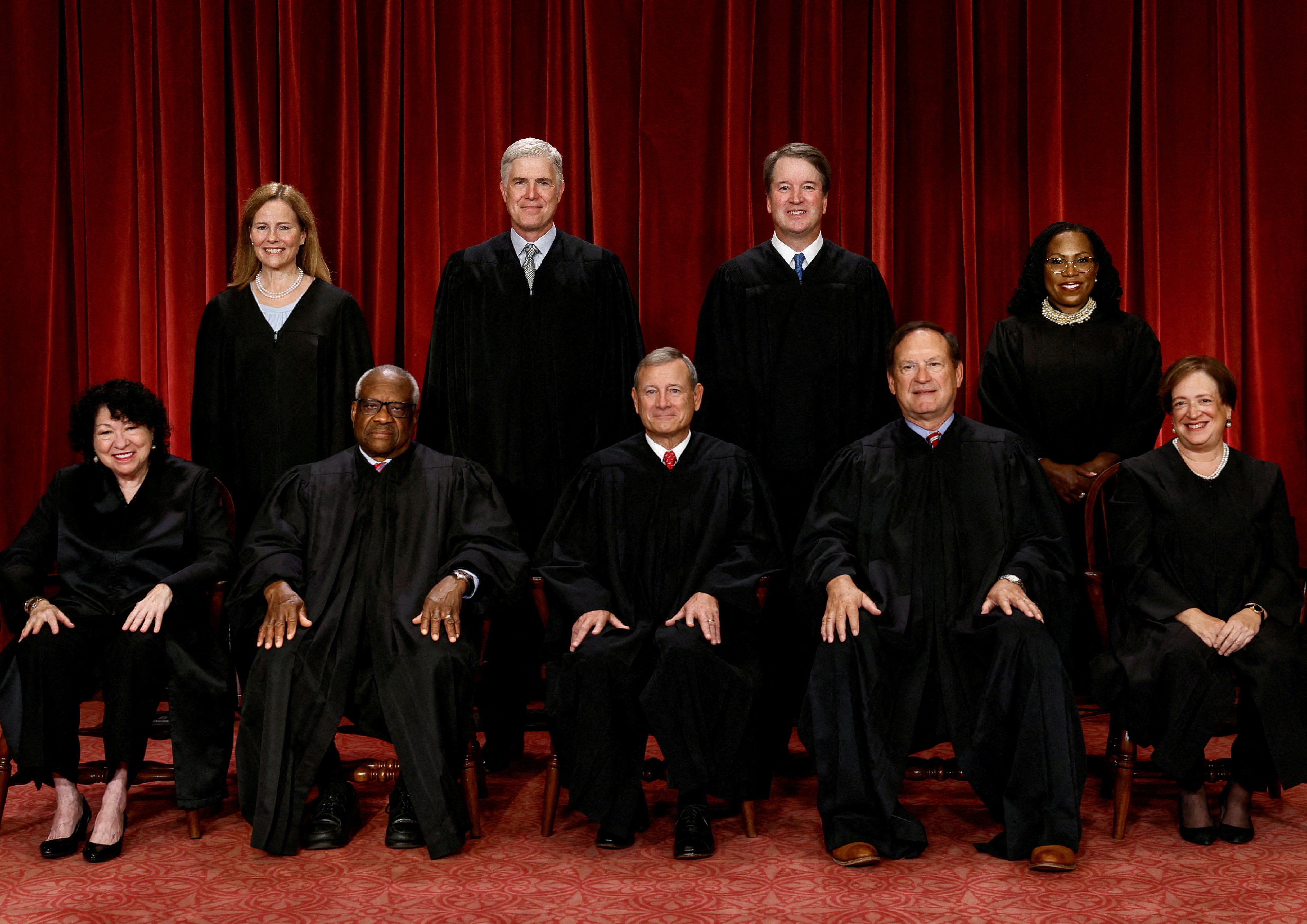President Donald Trump has gained power over all branches of government, including a conservative-run Supreme Court, but law school professor Deborah Pearlstein urged critics not to give up on the courts just yet.
Writing for the New York Times, Pearlstein, a visiting professor of law and public affairs at Princeton and the director of its Program in Law and Public Policy, said that the new administration is clearly less concerned with the legality of its executive orders.
"These are not the strategic moves of a legal A team focused on insulating itself against judicial correction, or teeing up a model case to persuade the courts to move the law in a new direction," she wrote Thursday. "These seem more like the orders of a team unconcerned with the risks of any legal challenge at all."
ALSO READ: Reminder: Trump is a demented criminal president
She acknowledged that American confidence in the Supreme Court may be at an all-time low, but urged "that dispair is premature" and it will take a lot more to side-step the law.
While there is a fear that the courts will simply give in to Trump's demands, judges are already stepping in. On Wednesday, Trump's government funding freeze was itself frozen by a judge. While that's likely being repealed, it will be a long process for Trump lawyers at a time the administration is purging career employees who might work on those cases.
Federal District Court Judge John C. Coughenour also blocked Trump's executive order ending birthright citizenship.
"The courts," Pearlstein wrote, "are not so dominated by partisan judges that any action challenging a Republican president will inevitably fail."
She noted that Trump was able to appoint more than 200 judges during his first four years in office, but researchers found that even those judges aren't handing "wins" to Trump out of loyalty.
She recalled stories of lawyers who, during his first term, were able to curb some of Trump's "most lawless efforts." Not having those lawyers on hand may mean more erratic orders, but that doesn't mean they'll survive any legal scrutiny.
"Getting lawyers to back absolutely anything Mr. Trump wants may not be as easy as the president and his advisers think," wrote Pearlstein, noting that they are bound by ethics rules.
"That may explain why some of these early orders in the new administration are largely devoid of specific legal guidance — and why they stand a fair chance of being overturned in the courts," she closed.
Read the full column right here.
